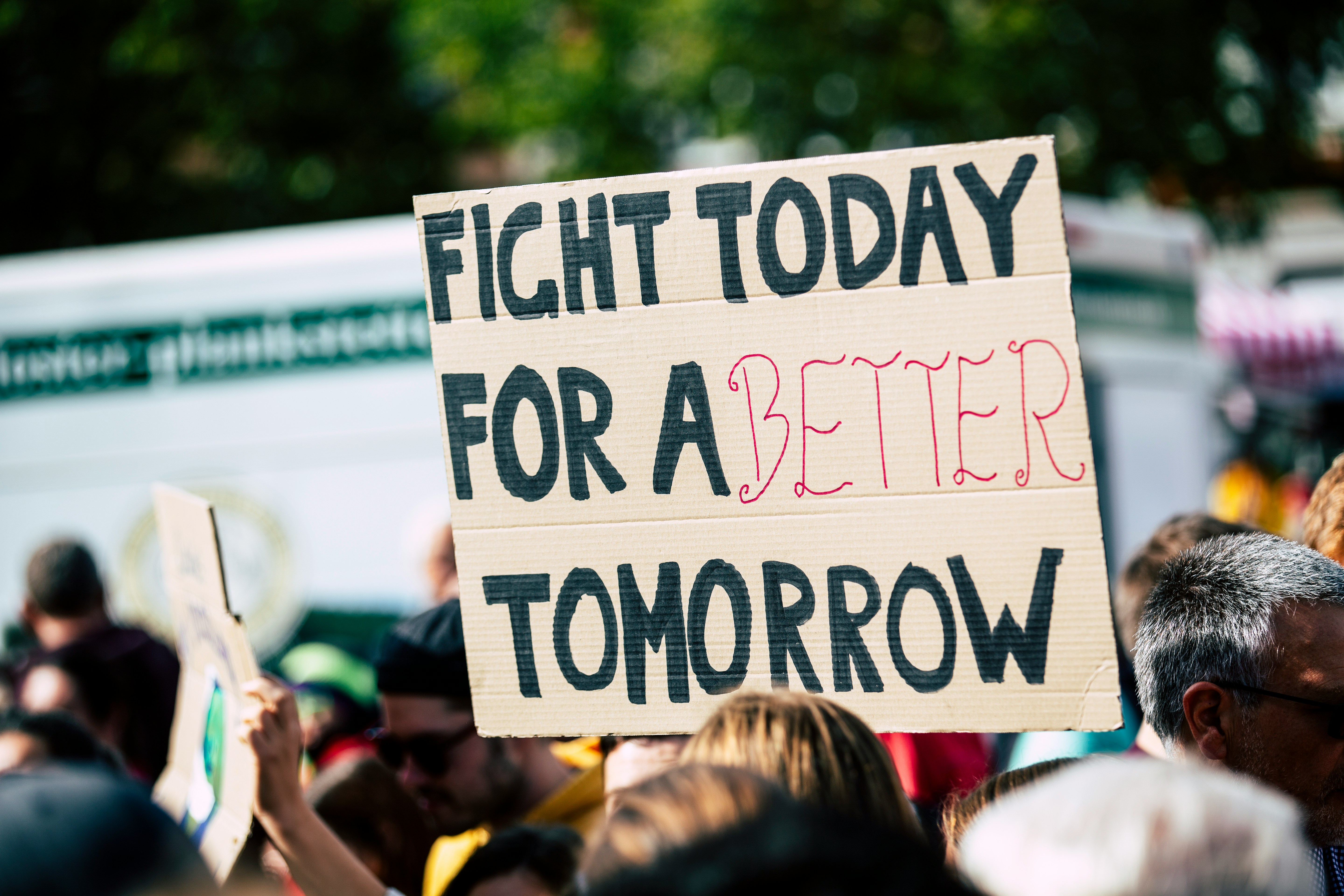Food Loathing Online: Lunchbox Commentary and Social Othering

Lunchboxes are more than just a meal; they are a way for family and loved ones to show their care. However, lunchboxes also expose individual food practices to public scrutiny and judgment, creating “lunchbox shaming” that leads to marginalization and discrimination. The rise of lunchbox-packing as a trendy social media content has further reinforced this phenomenon, perpetuating public evaluation, mostly negative, to create self-distinction and other-abjection. In this blog post, I explore comments on a video of Mama J Rae’s lunchbox-packing for her husband, posted on Instagram, to understand the role of lunchbox commentary in expressing food loathing online. By criticizing Mama J Rae’s lunchbox-making practices, commentators distinguish themselves from her, perceiving her family’s food practices as inferior and undesirable.…



